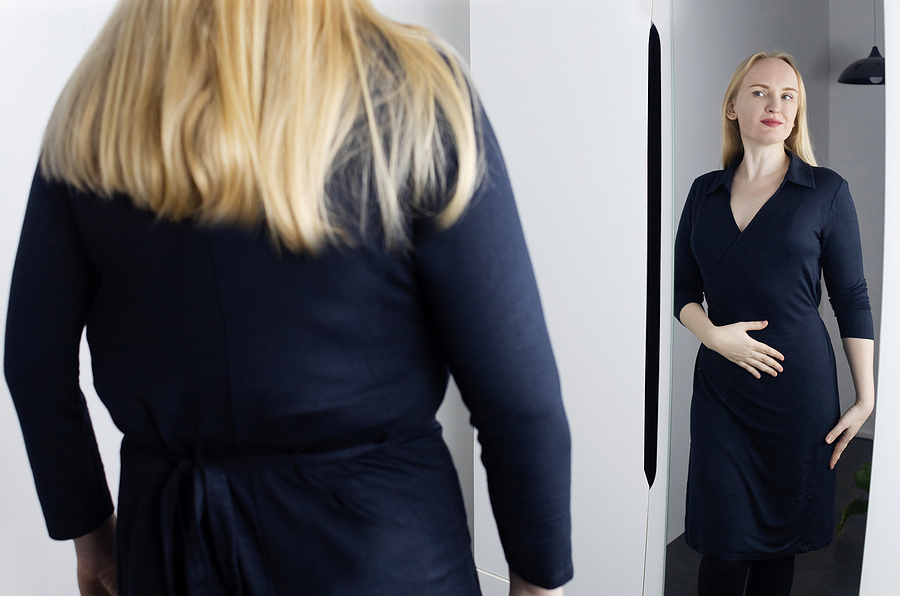Meditation has become increasingly popular in recent years as a way to manage stress and anxiety. As more people turn to meditation for its calming effects, some have questioned whether it can be a substitute for counseling or therapy. While meditation can be a helpful tool for improving mental health, it is not a replacement for professional counseling or therapy.
Counseling and therapy involve working with a trained professional to address specific mental health concerns. They provide a safe and supportive environment for individuals to explore their thoughts and feelings and develop strategies for coping with challenges. Meditation, on the other hand, is a practice that involves focusing one’s attention and achieving a state of calm and relaxation. While meditation can be an effective way to manage stress and improve overall well-being, it is not designed to address specific mental health concerns.
It is important to note that meditation and counseling or therapy can complement each other. Many mental health professionals incorporate meditation into their practice as a way to help individuals manage stress and anxiety. However, it should not be viewed as a substitute for counseling or therapy. Individuals who are experiencing mental health concerns should seek the guidance of a trained professional to develop a personalized treatment plan that meets their specific needs.
Meditation and Counseling
Meditation and counseling are two different approaches to improving mental health and well-being. While counseling is a form of talk therapy that involves working with a mental health professional to address specific issues, meditation is a practice that involves training the mind to focus and achieve a state of calmness and relaxation.
Meditation as a Complementary Therapy
Meditation can be used as a complementary therapy to counseling or other forms of treatment. It can help individuals manage stress, anxiety, and depression, and improve overall mental health and well-being. Meditation can also be used to reduce pain, lower blood pressure, and improve sleep.
Meditation can be practiced in many different forms, including mindfulness meditation, loving-kindness meditation, and mantra meditation. Mindfulness meditation involves paying attention to the present moment, while loving-kindness meditation involves generating feelings of love and compassion towards oneself and others. Mantra meditation involves repeating a word or phrase to focus the mind.
Counseling vs. Meditation
While counseling is a more structured and goal-oriented approach to improving mental health, meditation is a more flexible and self-directed practice. Counseling can help individuals develop coping skills, improve communication, and address specific issues such as anxiety disorders, depression, and substance use.
Meditation, on the other hand, can help individuals develop mindfulness, concentration, and insight into their own thoughts and emotions. It can also help individuals cultivate a sense of inner peace and relaxation.
While counseling and meditation are two distinct approaches to improving mental health and well-being, they can complement each other. Many mental health professionals use meditation techniques in their practice, and some individuals may find that practicing meditation in addition to counseling can be helpful in managing their mental health.
In conclusion, meditation and counseling are two different approaches to improving mental health and well-being. While counseling is a more structured and goal-oriented approach, meditation is a more flexible and self-directed practice. Both approaches can be useful in managing stress, anxiety, and depression, and improving overall mental health and well-being.
Meditation and Therapy
Meditation and therapy are two different approaches to improving mental health and well-being. While therapy involves working with a trained mental health professional to address specific issues, meditation is a self-directed practice that involves training the mind to focus and calm down. However, there are some similarities between the two practices.
Meditation as a Standalone Therapy
Meditation can be used as a standalone therapy for certain mental health conditions. Studies have shown that mindfulness meditation, in particular, can be effective in reducing stress, anxiety, and depression. It can also help with chronic pain, insomnia, and high blood pressure.
Meditation can be practiced in many forms, including mindfulness meditation, mantra meditation, and Zen meditation. Mindfulness meditation involves paying attention to the present moment, while mantra meditation involves repeating a word or phrase. Zen meditation involves sitting in a specific posture and focusing on the breath.
Therapy vs. Meditation
While meditation can be helpful for certain mental health conditions, it is not a substitute for therapy. Therapy involves working with a trained professional who can provide guidance and support for specific issues. Therapy can help with a wide range of mental health conditions, including anxiety disorders, depression, substance use, and eating disorders.
There are many different types of therapy, including cognitive-behavioral therapy (CBT), dialectical behavior therapy (DBT), and mindfulness-based cognitive therapy (MBCT). CBT is a type of therapy that focuses on changing negative thought patterns, while DBT is a type of therapy that focuses on developing coping skills. MBCT is a type of therapy that combines mindfulness meditation with cognitive therapy techniques.
In summary, while meditation can be a helpful tool for improving mental health and well-being, it is not a substitute for therapy. It is important to work with a trained professional to address specific issues. However, incorporating meditation into a therapy routine can be beneficial for some individuals.
Benefits of Meditation
Meditation is a practice that has been around for thousands of years and has been gaining popularity in recent years as a way to manage stress, anxiety, and depression. While it is not a substitute for counseling or therapy, meditation can provide many benefits for both physical and mental health.
Physical Benefits
Meditation has been found to have several physical benefits. It can help lower blood pressure, reduce chronic pain, and improve sleep. A study conducted by the National Institutes of Health (NIH) found that meditation can also help reduce symptoms of asthma and allergies.
Mental and Emotional Benefits
Meditation has also been found to have several mental and emotional benefits. It can help reduce stress, anxiety, and depression. Mindfulness-based cognitive therapy (MBCT), a therapeutic intervention that combines mindfulness meditation with cognitive-behavioral therapy (CBT), has been found to be effective in reducing symptoms of depression and anxiety.
Meditation can also improve focus, attention, and memory. A study published in the Journal of Cognitive Enhancement found that brief mindfulness meditation training can improve working memory capacity. Meditation can also improve creativity and cognitive flexibility, according to a study published in the journal Frontiers in Psychology.
How Meditation Works
Meditation works by focusing the mind on a particular object, such as the breath or a mantra. This helps to calm the mind and reduce distracting thoughts. Meditation can also help increase awareness of internal sensations and reduce the activity of the amygdala, the part of the brain responsible for the fight-or-flight response.
Guided meditation, where a teacher leads the meditation, can be helpful for beginners. There are also many different types of meditation, such as Zen meditation, loving-kindness meditation, and body scan meditation. It is important to find a type of meditation that works for you and to establish a regular meditation practice.
While meditation is not a substitute for counseling or therapy, it can be a helpful complement to other treatments. It can provide a sense of inner peace and relaxation, improve physical and mental well-being, and help develop coping skills for managing stress and anxiety.
Conclusion
In conclusion, while meditation can be a helpful tool for managing stress and anxiety, it is not a substitute for counseling or therapy. Therapy and counseling involve a trained professional who can provide personalized treatment plans and support to individuals struggling with mental health issues.
Meditation can be a helpful supplement to traditional therapy, but it should not be seen as a replacement. It can provide individuals with a sense of calm and relaxation, but it does not address underlying psychological issues or provide the same level of support as therapy.
It is important for individuals to seek professional help if they are struggling with mental health issues. Therapy and counseling can provide individuals with the tools and support they need to manage their symptoms and improve their overall well-being.
While meditation can be a helpful tool for managing stress and anxiety, it is not a substitute for the personalized treatment and support provided by a trained mental health professional. It is important to approach meditation as a supplement to traditional therapy rather than a replacement.
Overall, individuals should work with a mental health professional to determine the best treatment plan for their specific needs. Whether it involves therapy, counseling, or meditation, the goal should be to find the right combination of tools and support to improve mental health and well-being.







